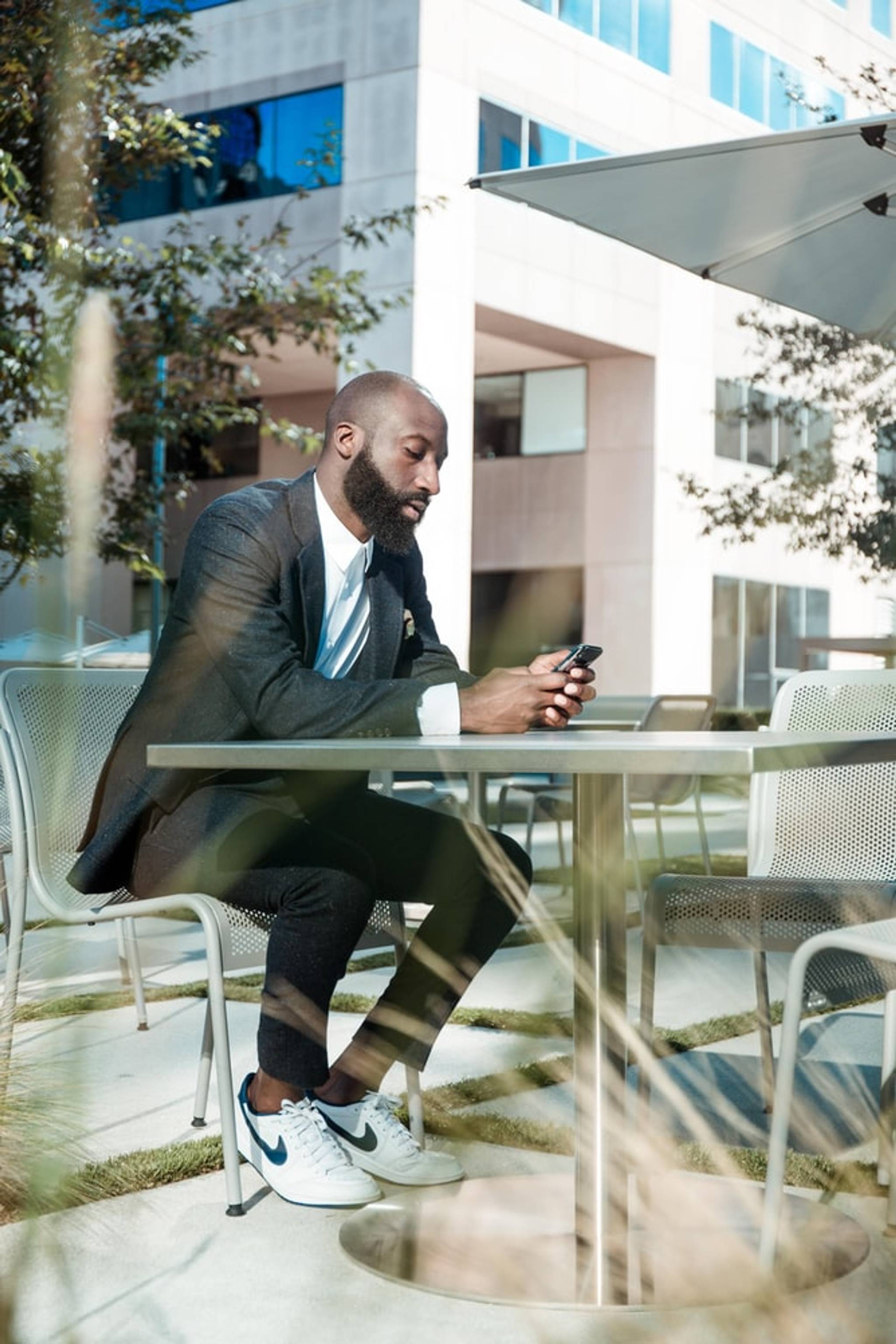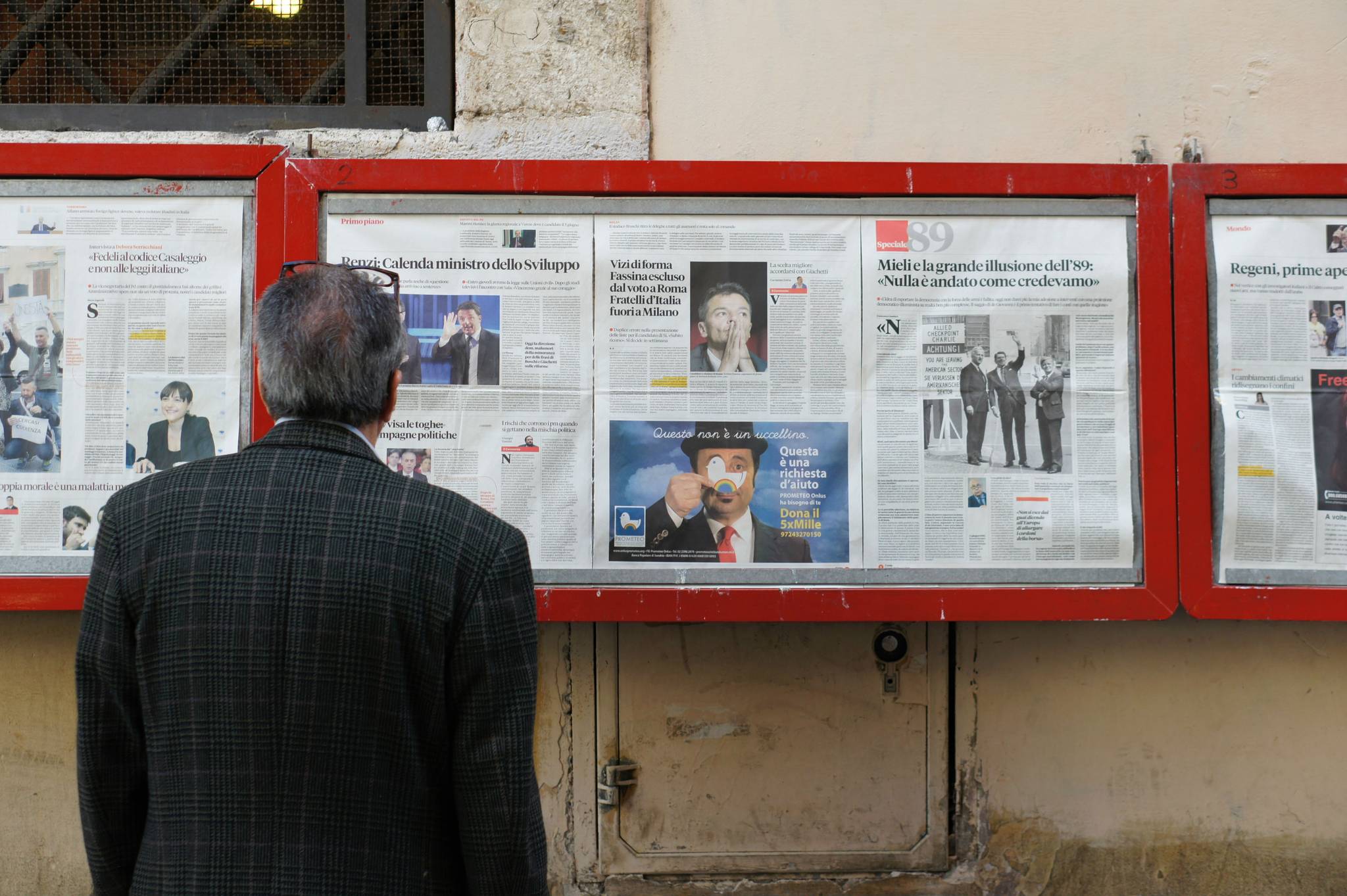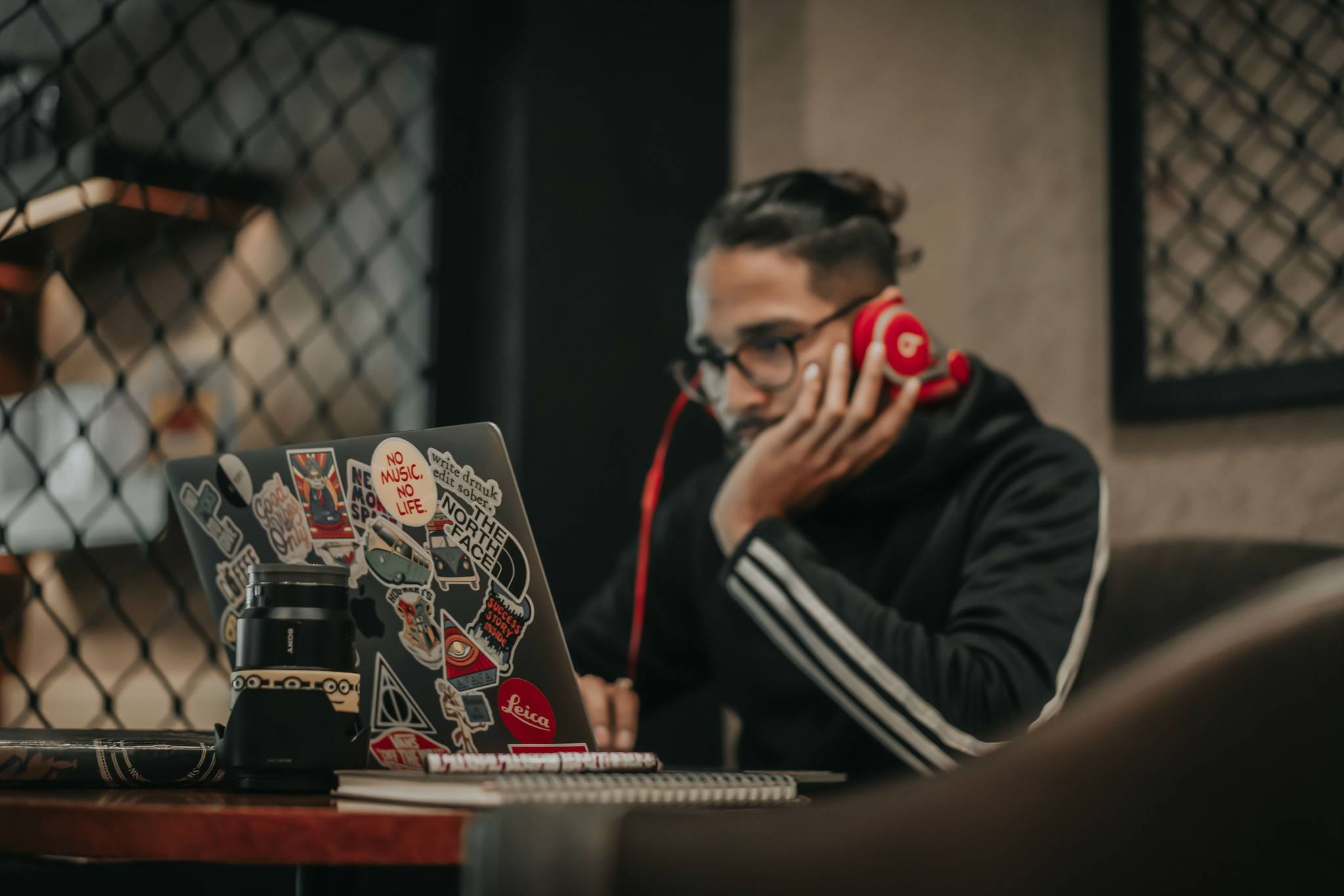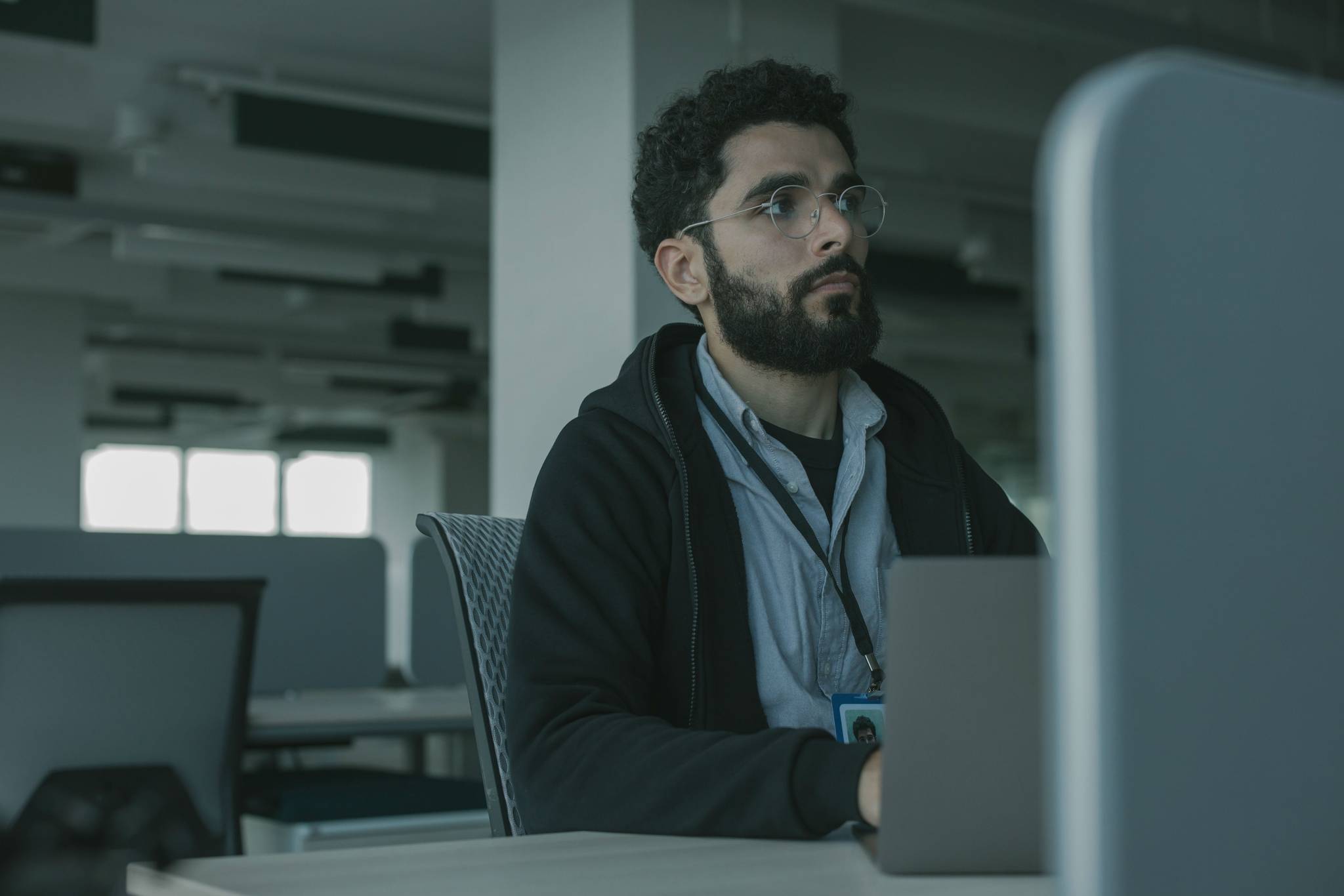
The pitch of anti-press sentiment is the most fevered it’s been, with an Edelman report showing the highest-ever percentage of American distrust in the media. We explore the insights behind this and why people are continuing to lose faith in the notion of objectivity.
The mistrust of the media has crossed the threshold of mere civic skepticism (a level of which is appropriate for a democratic society) and has become a central part of many Americans’ personal identity. Edelman’s trust report has revealed that, for the first time, fewer than half of the American population have trust in traditional media, with 58% thinking that “most news organizations are more concerned with supporting an ideology or political position than with informing the public.” The report further highlights the deeply polarizing divide between Republicans and Democrats, with only 18% of Republicans claiming to trust the media compared to 57% of Democrats.
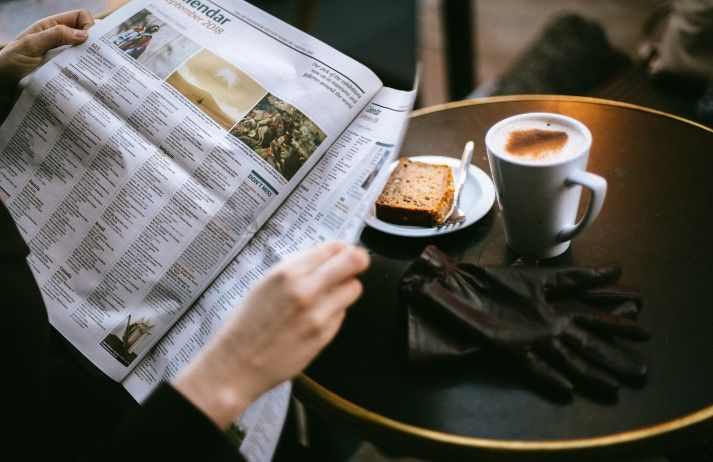
The shift away from healthy civic skepticism to deep mistrust signals a profound shift not only in journalism but in the overall balance of power and authority between society and other traditional institutions such as governments and banks. As trust continues to dwindle, this leaves a vacuum for people who seek relatable truths and reliable guidance.
In a post-truth era where facts are no longer enough, brands are recognizing the opportunities that come with this vacuum and are giving people alternatives – from brands like Zogo and The Financial Gym, which offer financial information and guidance, to figures like Rupert Murdoch, whose News UK TV aims to speak to Britons who feel unheard by mainstream media.
Leila Zadeh is a cultural anthropologist with an MA from UCL. She's especially interested in the relationship between humans and digital-era technology and how they imbricate with other cultural and social systems. Outside work she loves going to museums, dancing ballet, and reading historical fiction novels.
